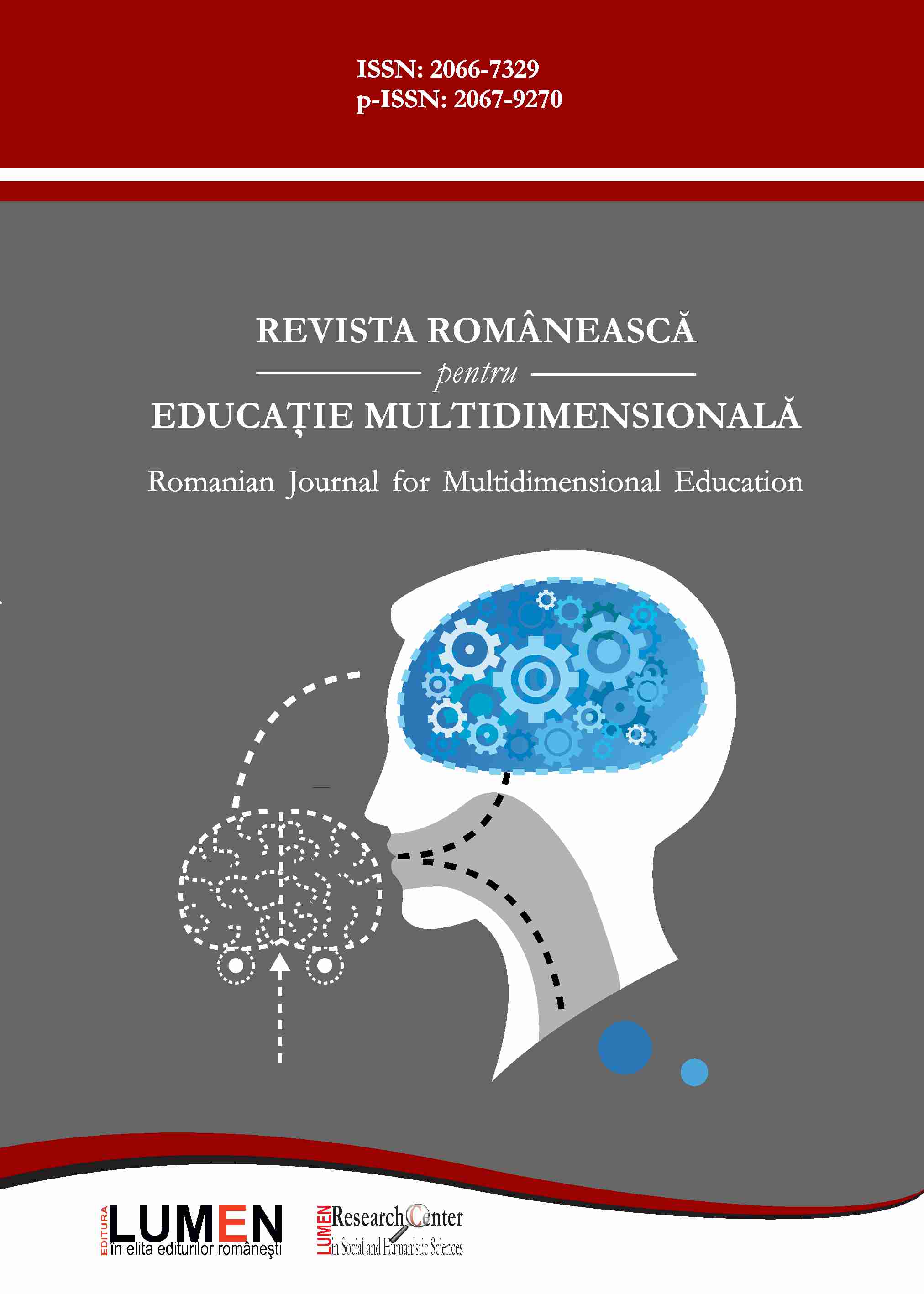A Predictive Model of Youth Bystanders’ Helping Attitudes
A Predictive Model of Youth Bystanders’ Helping Attitudes
Author(s): Dana Rad, Evelina Balaș, Sonia Ignat, Gavril Rad, Daniel DixonSubject(s): Social development, Social differentiation
Published by: Editura Lumen, Asociatia Lumen
Keywords: social distancing; internet content awareness; emotional regulation; helping attitudes disposal; online duality; hate speech;
Summary/Abstract: One of the direct effect of current COVID-19 pandemic’ social distancing on an unspecified period of time urges us to compensate our lack of physical connection with our readiness in the online environments, especially social media platforms. Present research investigates to which extent the internet content awareness construct, difficulties in emotional regulation and online duality have an impact on predicting future helping attitudes of bystanders. In order to investigate the eligibility of this prediction model, our team has advanced the Erasmus+ funded project Hate’s Journey. In 2019, our research team has designed a multiple specific sections online questionnaire addressing 206 youth from Latvia, Turkey, Spain and Romania. We have used a multiple linear regression analysis. The obtained results validate our hypothesis, confirming that if an individual is characterized by a decreased internet content awareness, a high level of difficulties in emotional regulation and increased online duality, then there is a 37% probability that the youth bystanders will develop a lack of helping attitudes towards the victims when facing a digital hate speech context. Conclusions and implications regarding to the current pandemic social distancing and digital closeness effects over the prosocial behaviour are discussed.
Journal: Revista Românească pentru Educaţie Multidimensională
- Issue Year: XII/2020
- Issue No: 1 Sup2
- Page Range: 136-150
- Page Count: 14
- Language: English

